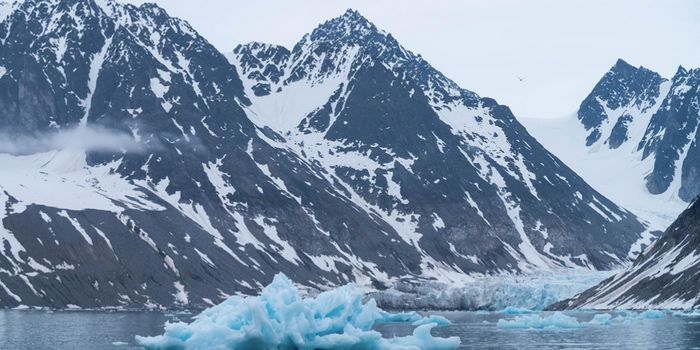Can Effective Fisheries Management Prevent Extinction of Marine Fish Stocks?
Animal populations around the globe, marine variants included, are projected to decline as climate change rears its ugly head. But new research suggests that effective fisheries management can substantially reduce the risk of extinction for global marine fish stocks.
The study, published this week in the journal Global Change Biology by researchers from the University of British Columbia, analyzed the extinction risk of 825 exploited marine fish species with and without improvements to fisheries management.
Image Credit: Pixabay
Alarmingly, 499 of the species evaluated in the study are at risk of going extinct by the year 2050 if the effects of climate change and current fishing trends continue. On the other hand, improvements to fisheries management could allegedly reduce these extinction risks by up to 63%.
"Effective fisheries management plans, coupled with actions to limit greenhouse gas emissions, both separately, but especially in tandem, would have an immediate effect on the number of marine species that face extinction," explained study lead author William Cheung.
"We can save hundreds of fish stocks from becoming endangered species with sustainable fisheries and low greenhouse gas emissions."
Video Credit: UBC Institute for the Oceans and Fisheries/YouTube
Related: Reef fish offspring inherit an elevated level of tolerance to climate change
As Cheung points out, improving fisheries management in and of itself could reduce the extinction risk in several crucial marine fish species. But these efforts would be most pronounced alongside supplementary efforts to curb the adverse side-effects of climate change.
Worthy of note, the study revealed how fish residing in tropical and sub-tropical regions are at the highest risk of succumbing to the effects of climate change and overfishing. Furthermore, sharks were among some of the most vulnerable species.
"Our study showed the need to support adaptation to climate change while ensuring effective fisheries management in these regions," added study co-author Gabriel Reygondeau.
"Some actions are already underway; for example, nine nations and the European Union agreed to prohibit commercial fishing in the central Arctic Ocean for at least 16 years starting in 2017. Similar proactive planning for the potential interactions between climate change and fishing is needed."
Related: Walleye fish populations are in decline
While it might seem like a no-brainer that improved efforts to save global marine fish stocks would do precisely that, the purpose of the study was to quantify these efforts and discern how they would change what otherwise looks like a dire situation.
In conclusion, efforts to save marine fish species from the risk of extinction are undoubtedly worth it given our dependence on them as a food source.
Sources: EurekAlert, Global Change Biology, YouTube









